What can I know? What ought I to do? What can I hope?
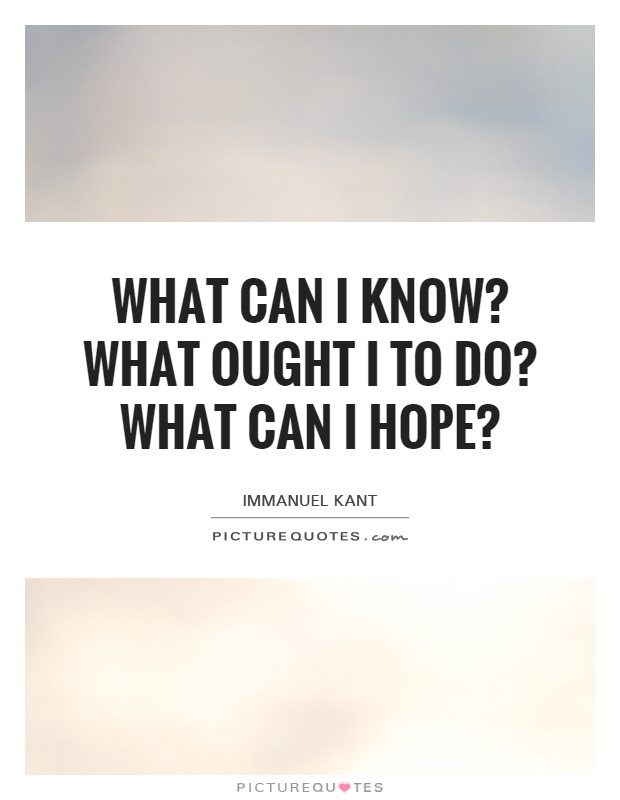
What can I know? What ought I to do? What can I hope?
Immanuel Kant, a renowned German philosopher, posed three fundamental questions that have been central to the study of ethics and epistemology: "What can I know? What ought I to do? What can I hope?" These questions serve as the foundation for Kant's moral philosophy and his theory of knowledge, known as transcendental idealism.In addressing the question of "What can I know?" Kant argued that knowledge is not derived solely from sensory experience, but is also shaped by the mind's innate structures and categories. He believed that the mind actively organizes and interprets sensory data, creating a coherent understanding of the world. This concept, known as transcendental idealism, posits that our knowledge of the world is limited by the structure of our minds, and that we can never know things as they are in themselves. Kant's epistemology challenged the empiricist and rationalist traditions by emphasizing the role of the mind in shaping our understanding of reality.
The question of "What ought I to do?" is central to Kant's moral philosophy, which is based on the concept of the categorical imperative. Kant argued that moral principles are universal and necessary, and that we have a duty to act in accordance with these principles. The categorical imperative requires us to act in a way that respects the dignity and autonomy of all rational beings, regardless of our personal desires or interests. According to Kant, moral actions are those that are performed out of a sense of duty, rather than self-interest or inclination.
The question of "What can I hope?" reflects Kant's belief in the possibility of moral progress and the ultimate goal of human flourishing. Kant believed that through reason and moral autonomy, individuals can strive towards a more just and harmonious society. He argued that hope is essential for moral action, as it motivates us to pursue the highest good and strive for moral perfection.
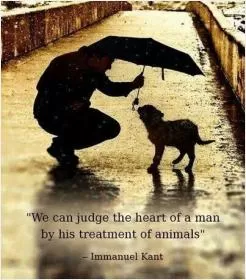

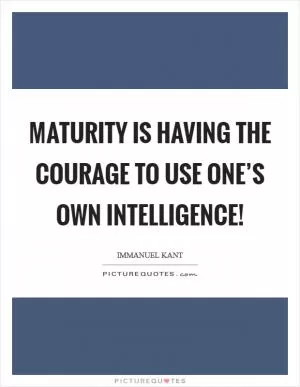
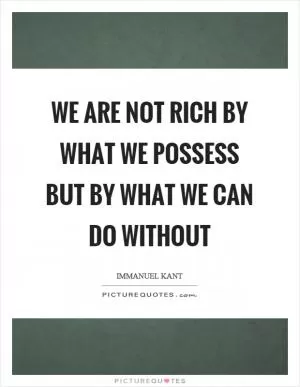
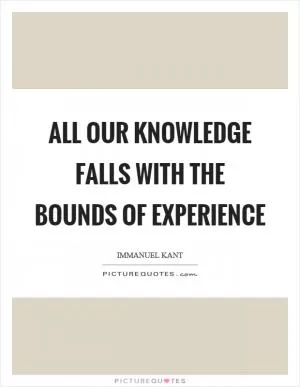
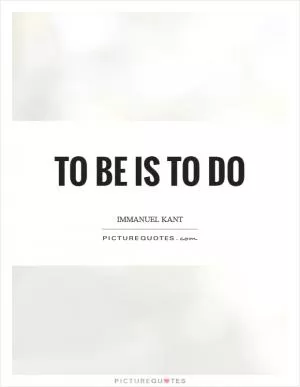
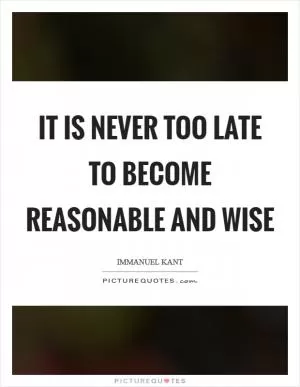
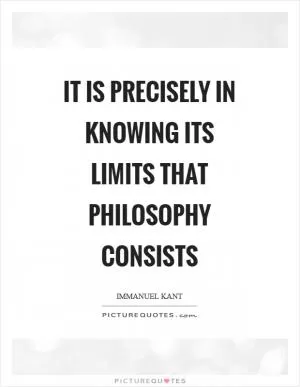
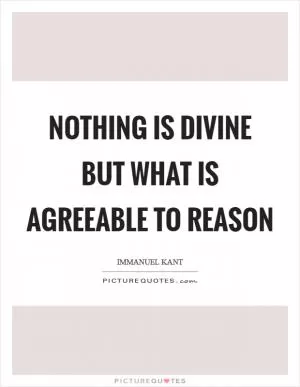
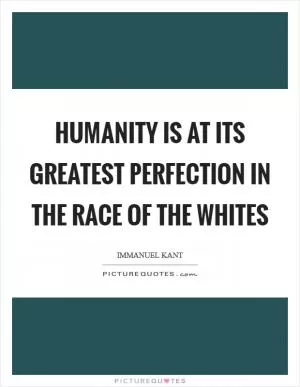
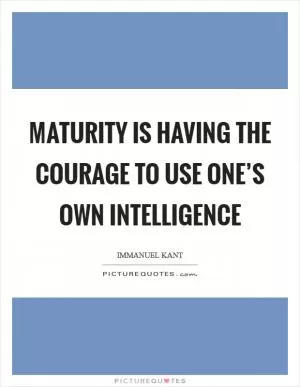
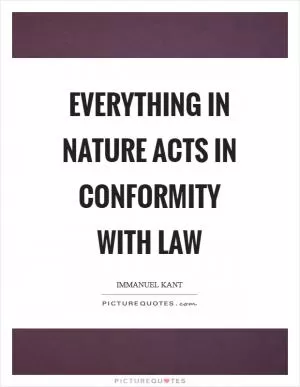
 Friendship Quotes
Friendship Quotes Love Quotes
Love Quotes Life Quotes
Life Quotes Funny Quotes
Funny Quotes Motivational Quotes
Motivational Quotes Inspirational Quotes
Inspirational Quotes